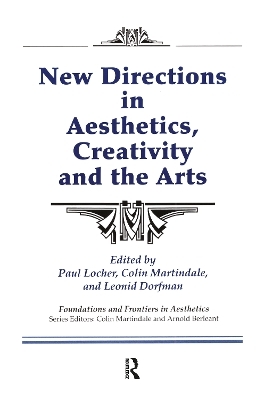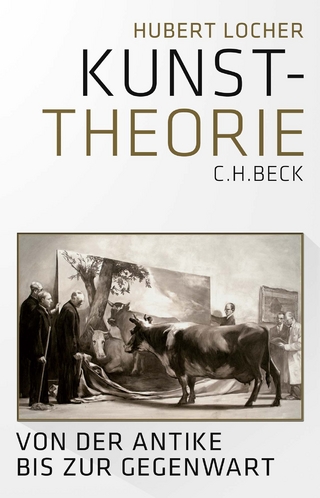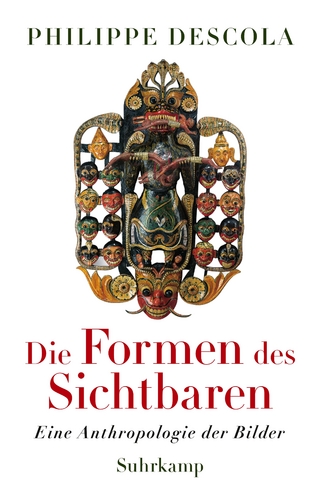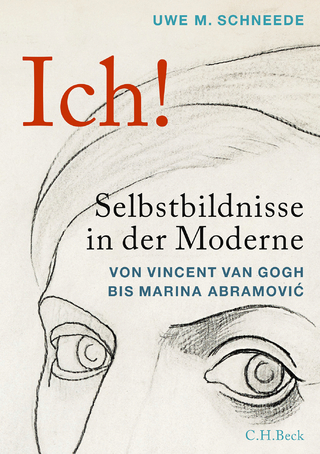
New Directions in Aesthetics, Creativity and the Arts
Baywood Publishing Company Inc (Verlag)
978-0-89503-305-5 (ISBN)
- Titel z.Zt. nicht lieferbar
- Versandkostenfrei innerhalb Deutschlands
- Auch auf Rechnung
- Verfügbarkeit in der Filiale vor Ort prüfen
- Artikel merken
The contributing authors to this book, all pre-eminent scholars in their fields, present their current thinking about the processes that underlie creativity and aesthetic experience. They discuss established theory and research and provide creative speculation on future problems for inquiry and new approaches to conceptualising and investigating these phenomena. The book contains many new findings and ideas never before published or new by virtue of the novel context in which they are incorporated. Thus, the chapters present both new approaches to old problem and new ideas and approaches not yet explored by leading scholars in these fields. The first part of the book is devoted to understanding the nature of the perceptual/cognitive and aesthetic processes that occur during encounters with visual art stimuli in everyday settings, in museums and while watching films. Also discussed in Part I is how cultural and anthropological approaches to the study of aesthetic responses to art contribute to our understanding about the development of a culture's artistic canon and to cross-cultural aesthetic universals. Part II presents new dimensions in the study of creativity. Two approaches to the development of a comprehensive theory of creativity are presented: Sternberg's Investment Theory of Creativity and a systems perspective of creativity based on a metaindividual world model. Also covered are the factors that contribute to cinematic creativity and a film's cinematic success, and the complex nature of the creative processes and research approaches involved in the innovative product design necessitated by the introduction of electronics in consumer products. Part III deals with the application of concepts and models from cognitive psychology to the study of music, literary meaning and the visual arts. The contributors outline a model of the cognitive processes involved in real-time listening to music, investigate what readers are doing when they read a literary text, describe what research shows about the transfer of learning from the arts to non-arts cognition and discuss the kinds of thinking skills that emerge from the study of the visual arts by high school students. In Part IV, the authors focus on the interactive contribution of observers' personalities and affect states to the creation and perception of art. The chapters include a discussion of the internal mechanisms by which personality expresses itself during the making of and the response to art; the relationship between emotion and cognition in aesthetics, in terms of the interaction of top-down and bottom-up processes across the time course of an aesthetic episode; the affective processes that take place during pretend play and their impact on the development of creativity in children and the causes and consequences of listener's intense experiences while listening to music.
Paul Locher was Professor Emeritus of Psychology at Montclair State University.
Preface
PART I VISUAL AESTHETICS
CHAPTER 1 Perception and Moving Pictures: From Brunelleschi and Berkeley to Video and Video Games
Julian Hochberg and Virginia Brooks
CHAPTER 2 Experimental Scrutiny of the Role of Balance in the Visual Arts
Paul Locher
CHAPTER 3 The Mere Exposure Effect and Aesthetic Preference
James E. Cutting
CHAPTER 4 The Nature and Growth of Aesthetic Fluency
Lisa F. Smith and Jeffrey K. Smith
CHAPTER 5 Aesthetic Universals in Cultural Perception and Practice
Dorothy Washburn
PART II NEW DIRECTIONS IN CREATIVITY
CHAPTER 6 Stalking the Elusive Creativity Quark? Toward a Comprehensive Theory of Creativity
Robert J. Sternberg
CHAPTER 7 A Metaindividual Model of Creativity
Leonid Dorfman
CHAPTER 8 Cinematic Creativity and Aesthetics: Empirical Analyses of Movie Awards
Dean Keith Simonton
CHAPTER 9 Creativity and Design: What the Established Teaches Us
Kees Overbeeke and Jodi Forlizzi
PART III ART AND COGNITION
CHAPTER 10 Emergence, Anticipation, and Schematization Processes in Listening to a Piece of Music: A Re-Reading of the Cue Abstraction Model
Irene Deliège
CHAPTER 11 Experimental Approaches to Reader Responses to Literature
David S. Miall
CHAPTER 12 Studio Thinking: How Visual Arts Teaching Can Promote Disciplined Habits of Mind
Ellen Winner, Lois Hetland, Shirley Veenema, Kim Sheridan, and Patricia Palmer
PART IV ART, AFFECT, AND PERSONALITY
CHAPTER 13 Emotion in Aesthetics and the Aesthetics of Emotion
Gerland C. Cupchik
CHAPTER 14 Personality and Artistic Style: Patterns of Connection
Pavel Machotka
CHAPTER 15 Pretend Play, Affect, and Creativity
Sandra W. Russ
CHAPTER 16 Strong Experiences Elicited by Music-What Music?
Alf Gabrielsson
Index
| Erscheint lt. Verlag | 15.6.2006 |
|---|---|
| Verlagsort | Amityville |
| Sprache | englisch |
| Maße | 152 x 229 mm |
| Gewicht | 521 g |
| Themenwelt | Kunst / Musik / Theater ► Allgemeines / Lexika |
| Geisteswissenschaften ► Philosophie | |
| ISBN-10 | 0-89503-305-4 / 0895033054 |
| ISBN-13 | 978-0-89503-305-5 / 9780895033055 |
| Zustand | Neuware |
| Haben Sie eine Frage zum Produkt? |
aus dem Bereich


